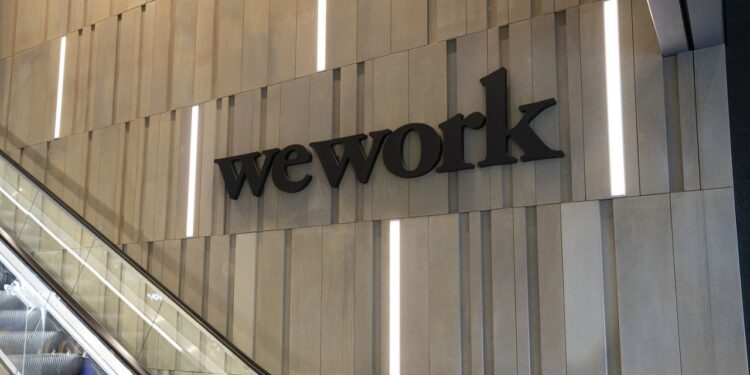Demand for coworking is healthy, but this doesn’t necessarily mean a slam dunk for the industry’s biggest operators.
WeWork’s market cap fell to $1.35 billion this year from $2.3 billion seen at the beginning of the month. But troubles within the company trying to rebrand itself began months ago.
While the company has successfully shed its reputation of being a party hub under the rule of co-founder and former CEO Adam Neumann, it is still grappling with over supply. This led the company to recently close down 40 locations in preparation for disappointing Q4 earnings.
From July to September, WeWork had a negative cash flow of $4.3 billion. Borrowing from its largest investor SoftBank helped keep it afloat during ongoing economic turbulence, but this is just a band aid covering a much larger wound.
In contrast, WeWork’s biggest competitor Regus, which naturally faced similar challenges being part of the flexible office industry, managed to keep its portfolio relatively profitable. Although the IWG-owned company has certainly seen its own fair share of issues, it is faring much better than its US-based counterpart.
Although the future of the flexible office market remains uncertain, it appears that IWG’s more standard and rigid structure has allowed it to maintain some success. On the other hand, WeWork’s more laid-back approach could be its Achilles’ heel in the new year.
















